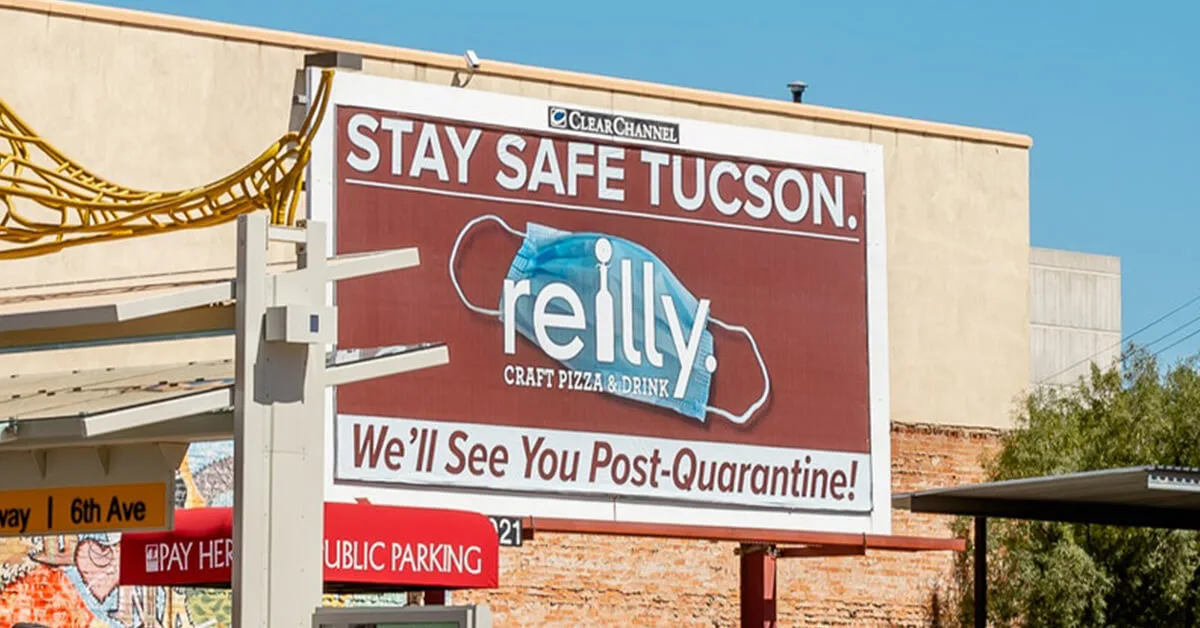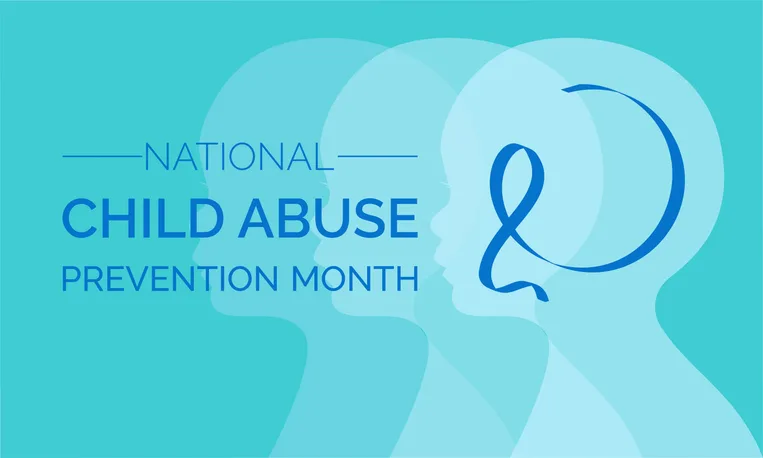
Photo by Jake Hines.
“It is in the absence of this statewide direction that we now have to act locally.”
Tucson City Council voted Tuesday night to put in a place a mandatory curfew in hopes of cutting down on the spread of COVID-19.
The curfew starts Friday and will last each day from 10 p.m. to 5 a.m. through Dec. 22.
Pima County, where Tucson is located, has a voluntary curfew covering the same hours in place through Dec. 31. Councilmembers said if the county decides to make its curfew start earlier, the city will adjust to be in alignment.
Mayor Regina Romero originally proposed an 8 p.m. to 5 a.m. curfew after expressing frustration over Gov. Doug Ducey’s lack of action following an increase in new cases. However, the council pushed the beginning of the curfew to 10 p.m. to minimize negative effects on businesses.
RELATED: Rise in COVID-19 Cases Could Push Arizona’s Hospitals—and Staff—to Their Limits
Romero’s proclamation also urges Ducey to implement a statewide curfew, require masks in public statewide, extend eviction protections, provide more aid, and require incoming travelers to isolate for two weeks upon arrival.
“The reality is that we have waited, and waited, and despite a huge surge, we have not seen any meaningful action from Governor Ducey,” Romero tweeted before Tuesday’s meeting. “It is in the absence of this statewide direction that we now have to act locally.”
The curfew, which imposes a civil infraction and fine of up to $300, excludes first responders, anyone traveling for work, people without homes, and those performing “essential activities” as defined by the state. Those activities include grocery shopping, caregiving, exercising outside, and worshiping. The curfew is intended to cut down on people gathering at places like bars and nightclubs.
It’s possible that the state will challenge the city’s authority to approve such a measure. Ducey has limited municipalities’ ability to place restrictions on residents—in fact, he had prohibited them from enacting mask orders until June 17, when he reversed course. But Tucson Attorney Michael Rankin said during the meeting he believes the city did not overstep.
Are Curfews Effective?
Tucson isn’t the first city in the US to limit the hours residents spend outside their homes. Parts of California and Ohio also have curfews in place.
But researchers say it’s hard to know if curfews are effective against spreading COVID-19 since there are so many other factors, like concurrent restrictions, in play.
While curfews may stop some people from engaging in risky behaviors like gathering in bars, the virus isn’t any less potent during the day. And Saskia Popescu, an infectious disease epidemiologist at George Mason University, told Slate curfews can actually lead to more crowded businesses since people are discouraged from patronizing them at night.
RELATED: Pandemic? 4,000 Sports Teams Could Still Be Coming to Phoenix in Upcoming Months
But, Romero said during the council meeting, curfews reinforce the seriousness of the pandemic and can send the message that more needs to be done.
Ducey has enacted a curfew this year, but it wasn’t related to COVID-19. He ordered Arizonans to stay home from 8 p.m. to 5 a.m. May 31-June 8 as people protested police brutality and some areas of the state saw theft and property damage.
Crushing fears
Health officials explained during the council meeting how they fear an upcoming increase in cases—fueled by holiday travel and gatherings—will overload the state’s hospital system and result in avoidable deaths.
Chad Whelan, CEO of Banner – University Medical Center Tucson, told the council that additional safety measures like the curfew are sorely needed.
“We realize that mandates and recommendations impact more than just our businesses and our emotional sense of well-being, but the reality is we are in the middle of an unprecedented pandemic that makes these difficult necessary,” Whelan said.
Other health experts have called for even stronger measures.
On Tuesday, a group of eight chief medical officers in Arizona sent a letter to the state calling for a statewide curfew, pause on indoor dining and sports activities, and more.
Last week, a group of scientists from the University of Arizona (UA) asked the state to implement a three-week state stay-at-home order and require mask-wearing in public. The UA letter said not taking these steps “would be akin to facing a major forest fire without evacuation orders.”
Local economist Jim Rounds told KTAR News he believes the state’s economy could withstand a limited shutdown.
“If we shut down and it’s just going to be three weeks, I don’t think you’re going to see the types of layoffs we had before,” he said.
But Ducey has said multiple times that shutting down businesses is not in the state’s plans.
He has also said he doesn’t believe a statewide mask order is necessary since local mandates cover 90% of the state. However, the UA scientists argue a broader order is still needed, as it “ensures consistency and strengthens compliance.”
Continue Reading: University Researchers Recommend 3-Week Shutdown, Mask Order
Politics

6 terrifying things that could happen if the Comstock Act is used to target abortion
Does 1873 sound like a really, really long time ago? Well, that’s because it is—but if Republicans and far-right anti-abortion activists have their...

He said what? 10 things to know about RFK Jr.
The Kennedy family has long been considered “Democratic royalty.” But Robert F. Kennedy, Jr.—son of Robert F. Kennedy, who was assassinated while...
Local News

Opinion: Strategies for Child Abuse Prevention
11 ways you can be an ally in the fight against child abuse. April is Child Abuse Prevention Month. In the United States, it is estimated that a...

Biden marks Earth Day by announcing $7 billion in solar grants
The Biden administration on Monday announced the recipients of its Solar For All Program, a $7 billion climate program that aims to lower energy...





